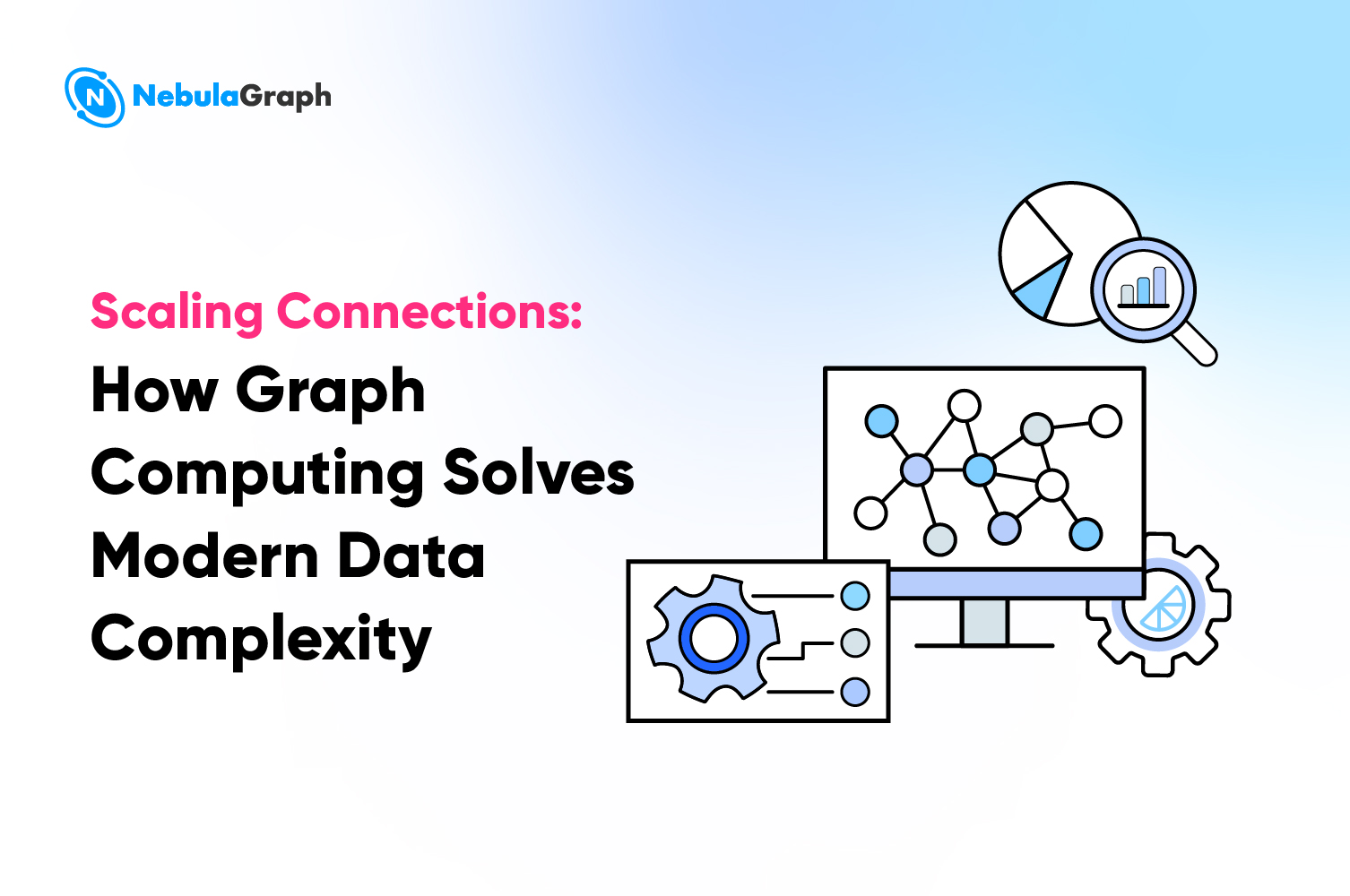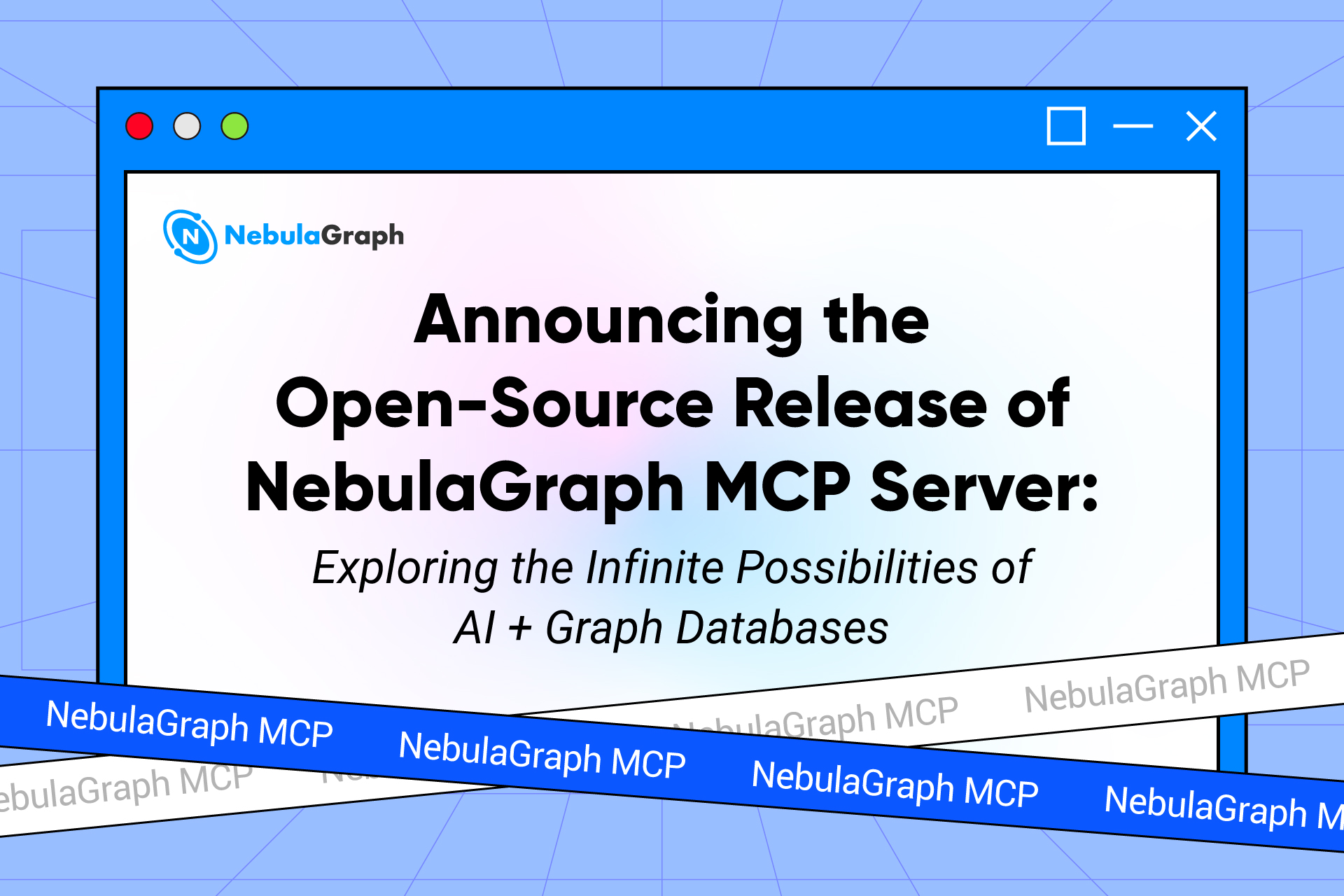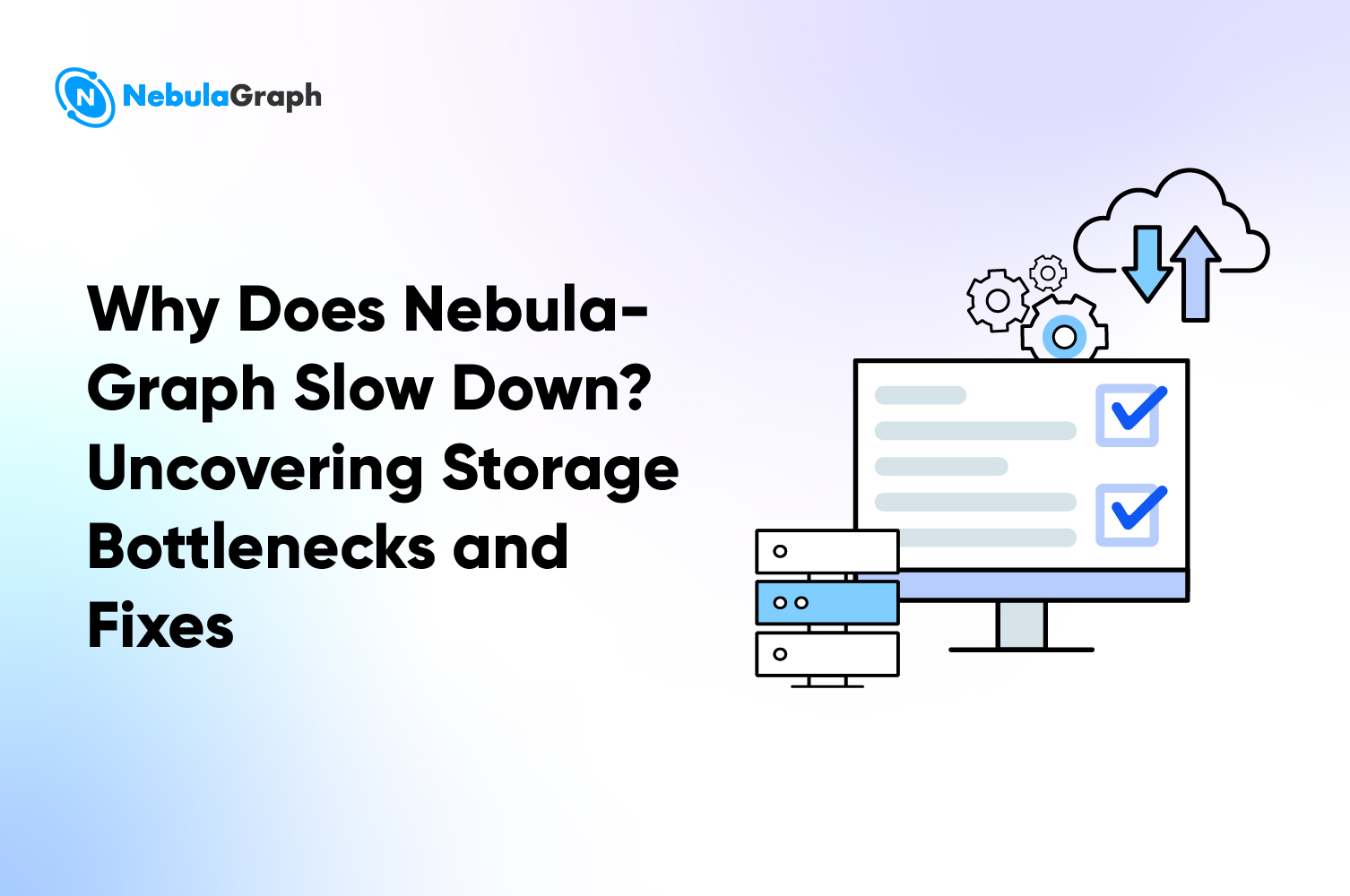GQL
NebulaGraph Enterprise v5.0: The First Distributed Graph Database to Offer Native GQL Support
ISO/IEC released the international standard of Graph Query Language (GQL) on April 12th, 2024. This publication establishes the foundations for property graphs, covering their creation, maintenance, and control, along with the data they comprise. It also standardizes the data management language for outlining and modifying the structure of these graphs and their collections.
Why the International Standard of GQL Matters
The standardization of a language plays an instrumental role in its adoption and application. The standardization of SQL in the 1980s led to its global acceptance by relational databases, thereby propelling the growth of relational databases.
Similarly, the standardization of GQL will have far-reaching impacts on the industry. GQL standards will ensure data portability and manipulation across GQL implementations, and compatibility with programming languages and database tools. It will foster a dynamic graph database ecosystem and lower the entry barrier for this technology, enabling more enterprises to effectively utilize graph databases for complex relational data.
NebulaGraph Enterprise Offers Native GQL Support Since v5.0
As a member of Linked Data Benchmark Council, Vesoft (NebulaGraph) actively participates in the formulation and promotion of GQL standards and announces its GQL native support in the latest version of NebulaGraph Enterprise.
In addition to the outperforming horizontal scalability, high availability and HPA capability, NebulaGraph Enterprise v5.0 stands as the first distributed graph database to natively support GQL. Unlike systems that are just compatible or adapted to GQL, NebulaGraph Enterprise v5.0 has been redesigned to support GQL at the overall architecture level: it is built on and designed for GQL. This enhancement offers superior data compatibility and interoperability, thereby amplifying the business value of graph databases across various scenarios.
Why Enterprises Should Adopt the Graph Database with Native Support for GQL
Choosing a graph database with native support for GQL means that enterprises can directly take the following advantages of GQL benefits.
- Enhanced Interoperability
Adopting a graph database with native support for GQL enables seamless data migration between different systems and platforms. This freedom reduces dependence on a single database provider, making it easy to switch between solutions and enabling simultaneous use of multiple data systems.
- Improved Stability
Enterprises embracing GQL will no longer rely on independent tools or software layers to be compatible with GQL statements. Therefore, they can enjoy the simplified system with less likelihood of errors and ease of operation and maintenance.
- Enhanced Security
GQL has a robust security framework that offers mature security control. Systems that do not natively support GQL may require additional development to achieve similar security features, potentially leading to risks such as data leaks and non-compliance with regulations.
- Cost-Efficient Maintenance
Adopting graph databases with native support for GQL enables companies to quickly adapt to market changes, which can directly reduce the complexity and expense of future system upgrades and maintenance for enterprises.
In conclusion, the release of GQL marks a significant milestone of graph database technology, fostering innovation and widespread adoption of graph databases as well as the overall growth of the industry. As the first distributed graph database that natively supports GQL, NebulaGraph Enterprise v5.0 aligns with GQL standards and will continue to refine its performance and stability to empower various industries, such as financial services, technology, e-commerce and manufacturing, to unlock the value of complex relational data.
If you’re interested in embracing GQL with NebulaGraph Enterprise v5.0, feel free to reach out for a free trial.


